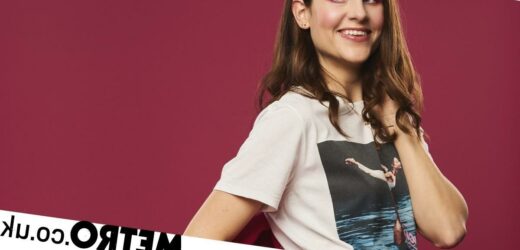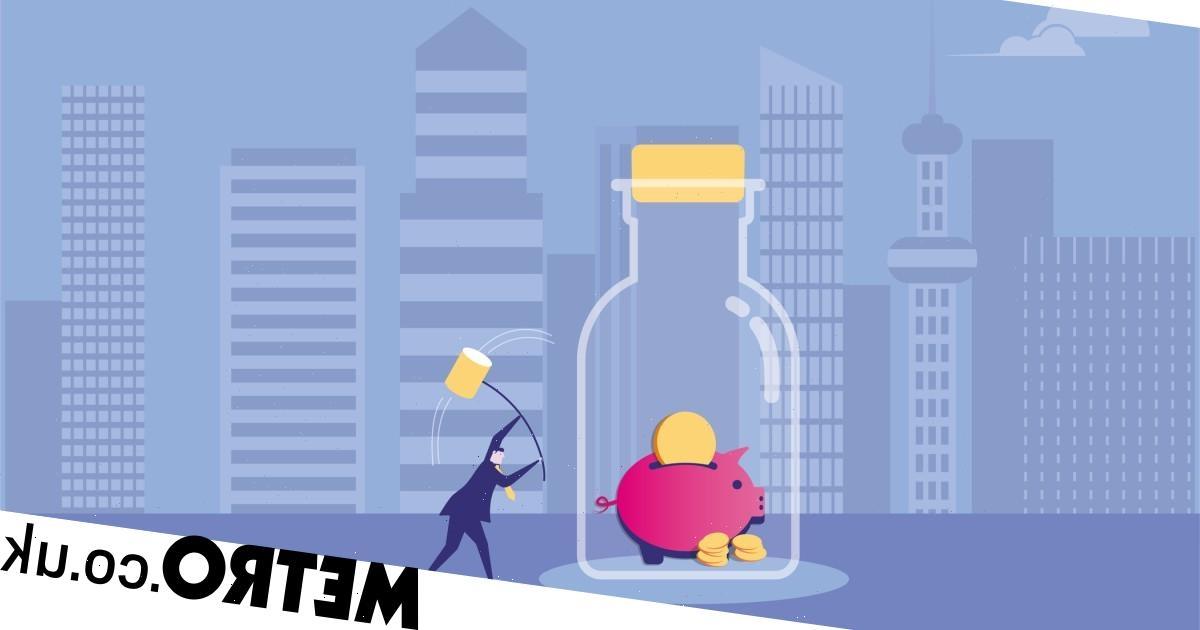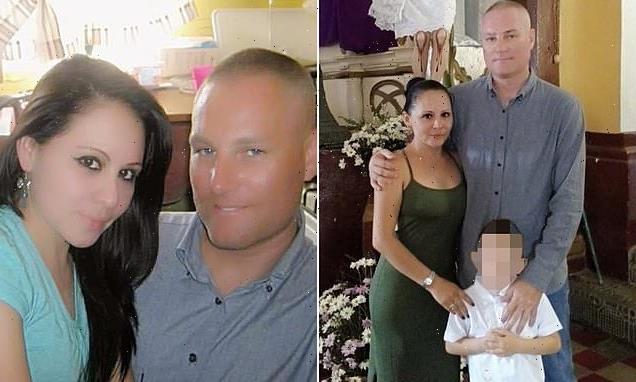Once, when I was a teenager, my dad said that he believed to be a performer you had to be able to walk into any room and say: ‘You need me, I’m what you’ve been looking for.’
He probably wouldn’t even remember saying this and yet it made such an impact on me; it probably delayed me starting stand-up comedy by about five years. I remember thinking: I’m not like that. I would never do that. I’m not cut out to be a performer.
I spent years thinking it wasn’t for me, partly because of my dad, partly because I never saw anyone like me do it. It took a terrible break-up for me to finally get the courage to try stand-up, which is another way of saying: I needed to be not in my right mind.
From the very beginning of my stand-up career the main feedback I got from people who worked in the comedy industry was, ‘You need to be more confident.’
In the arts, confidence is currency. To get on stage is one thing, but how do you convince a commissioner to back your project when you think you don’t deserve to be in the room? How do you thrive on social media when you believe your opinions are s**t and your face is trash?
Confidence is the bright, shiny face of self-worth, which in this era of self-love, self-care, self-promotion, self-everything is a pretty clear-cut road to success. My agent will often joke that I gaslit him into signing me, because I seemed very confident on stage (I believe I achieved this maniacal farce by using a combination of 10% faking it and 90% being Dutch.)
I’m learning to embrace my insecurities. Not to hide them, but to love them by putting them at the forefront of my comedy. To try and defeat my imposter syndrome live on stage. I joke in my show that Eleanor Roosevelt famously said: ‘No one can make you feel inferior without your consent’, and while that’s true – I always consent.
I believe audience members can sense when a performance is inauthentic so it wouldn’t make sense for me to hide the fact that I’m insecure. Instead, I try to tell the audience not how it is, but to ask them: is this it maybe? I don’t know. I’m an idiot.
Unfortunately, it seems that self-deprecation is the one form of comedy that people don’t want from women. Not right now…
In the 2017 award-winning comedy special, Nanette, comedian Hannah Gadsby said: ‘I have built a career out of self-deprecating humour, and I don’t want to do that anymore… when it comes from somebody who already exists in the margins… it’s not humility. It’s humiliation’.
Though clearly a personal statement from Gadsby, it struck a chord and seemingly entered the zeitgeist as being true for all women. I remember one review of a comedian friend of mine that quoted Hannah Gadsby as gospel, rebranding her self-deprecation as self-denigration.
But 2017 was also the year the #metoo movement happened, and I started noticing a shift in audience responses before and after this time. Suddenly, people started aww-ing women who were self-deprecating. A joke about being bad in bed or looking unattractive that incited laughter in 2016 would get pity and concern in 2018.
It was as if, instead of taking the message that women are stronger together, a lot of people took #metoo as a reminder that we’re very weak individually.
I understand that to a degree – I mean, when straight white men are self-deprecating that joke is juxtaposed by society itself. You’re not actually worried about them. There is a truth to the fact that making a self-deprecating joke to the background of inequality will perhaps just prove a point.
If I joke about being an incapable idiot in a world that’s still wildly misogynistic, there is a chance that people will find their sexist biases confirmed by me. But then: those are not the people I want to do comedy for anyway. I want to do comedy for dorky losers like me.
Self-deprecation allows me to make sense of a world that is largely beyond my comprehension. I want to laugh about the fact that I watched one beauty influencer video on YouTube and ended up buying 11 creams from a company called LookFantastic (a name I believe is a threat), because that way I become part of the joke.
There’s a reason that, in 2020, when Twitter user Marianne Eloise made fun of her own email etiquette by tweeting ‘no!! worries!!! if!!!!!!!! not!!!!!!!!’ it struck a chord with women everywhere and went viral. In an article the author herself referred to this tweet as: ‘A self-deprecating jab at my own distinct brand of pathetic.’
Hell yes. There is power in owning your flaws.
It’s very likely that I will suffer imposter syndrome for the rest of my life. I may never step onto the stage with the self-assurance of a ‘real’ performer, but I don’t believe that means that people like me shouldn’t do this job.
Jokes are for everyone. It’s what I love about them, and it’s precisely because of this that I will continue to be self-deprecating. It’s my favourite form of self-expression. Is it because I’m bad at make-up? Yes.
You can find out more about Micky and her Fringe show here
Do you have a story you’d like to share? Get in touch by emailing [email protected].
Share your views in the comments below.
Source: Read Full Article




